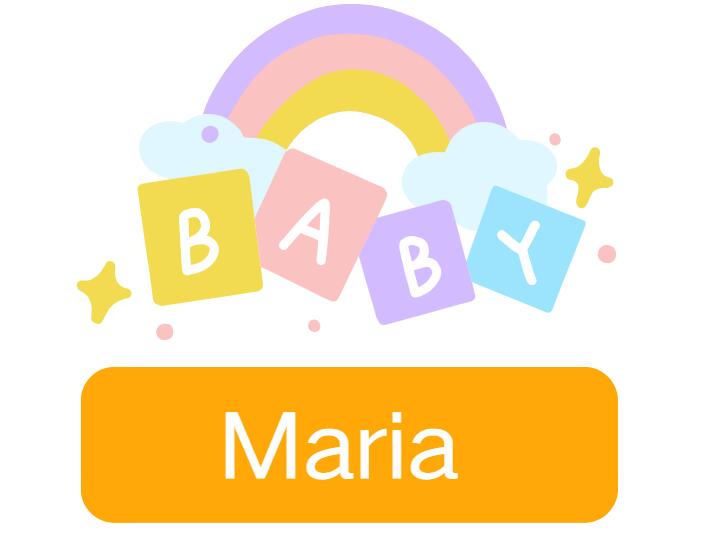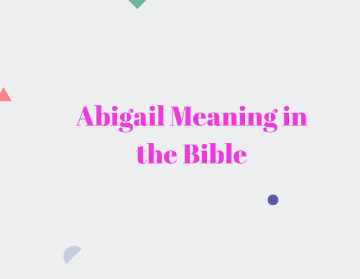Choosing a name for your baby is one of the most significant decisions you'll make as a parent. Among the myriad of beautiful names, "Maria" stands out for its timeless appeal and rich history. This article delves into the meaning and origin of the name Maria, offering insight into why it remains a beloved choice for baby girls around the world.

The Meaning of Maria
The name Maria has a profound and multifaceted meaning. It is often associated with the concepts of "bitter" and "beloved." The "bitter" interpretation stems from the Hebrew name Miriam, which means "bitter sea." However, this interpretation is balanced by the notion of Maria being deeply cherished, which aligns with its Latin roots signifying "beloved" or "wished-for child."
Maria is also frequently linked to qualities of purity and innocence, partly due to its association with the Virgin Mary in Christian traditions. This duality of meanings—bitterness and belovedness—adds a layer of depth to the name, making it both intriguing and endearing.
The Origin of Maria
Maria has a rich and varied origin story. It is a name that has transcended cultures, religions, and languages, making it one of the most universal names in existence.
Hebrew and Biblical Roots
The earliest origins of Maria can be traced back to the Hebrew name Miriam. In the Bible, Miriam is the sister of Moses and Aaron, known for her leadership and prophetic abilities. This connection imbues the name with a sense of strength and spiritual significance.
Latin and Christian Influence
The Latin form, Maria, became widely popular due to its association with the Virgin Mary, the mother of Jesus Christ. This association not only made the name a staple in Christian-majority countries but also elevated its status to one of reverence and respect. The Virgin Mary is often seen as a symbol of purity, compassion, and maternal love, qualities that many parents hope their daughters will embody.
Global Adoption and Variations
Maria's universal appeal is evident in its widespread use across different cultures and languages. In Spanish and Italian, it remains Maria. In German, it is often used in conjunction with other names, such as Maria-Theresa. The French variation is Marie, while in Russian, it becomes Mariya. Each culture has embraced and adapted the name, adding to its global charm and versatility.
Popularity and Cultural Significance
Maria's popularity has remained steadfast throughout the years. It consistently ranks high in baby name charts across various countries. This enduring appeal can be attributed to its elegant simplicity, deep meanings, and cultural significance.
In literature, music, and film, Maria is a name that frequently appears, often representing characters who are strong, compassionate, and virtuous. From Maria in "The Sound of Music" to Maria in West Side Story, the name continues to capture the imagination and hearts of people worldwide.
Why Choose the Name Maria?
Choosing Maria for your baby girl offers a name that is not only beautiful but also rich in history and meaning. It is a name that carries with it a sense of tradition, yet remains timeless and versatile. Whether you are drawn to its biblical roots, its cultural significance, or its simple elegance, Maria is a name that promises to be cherished for generations to come.
Maria is more than just a name; it is a legacy. With its profound meanings and diverse origins, it stands as a testament to the enduring power of names that connect us to our past while guiding us into the future. If you are considering Maria for your baby girl, you are choosing a name that is as meaningful as it is beautiful.






